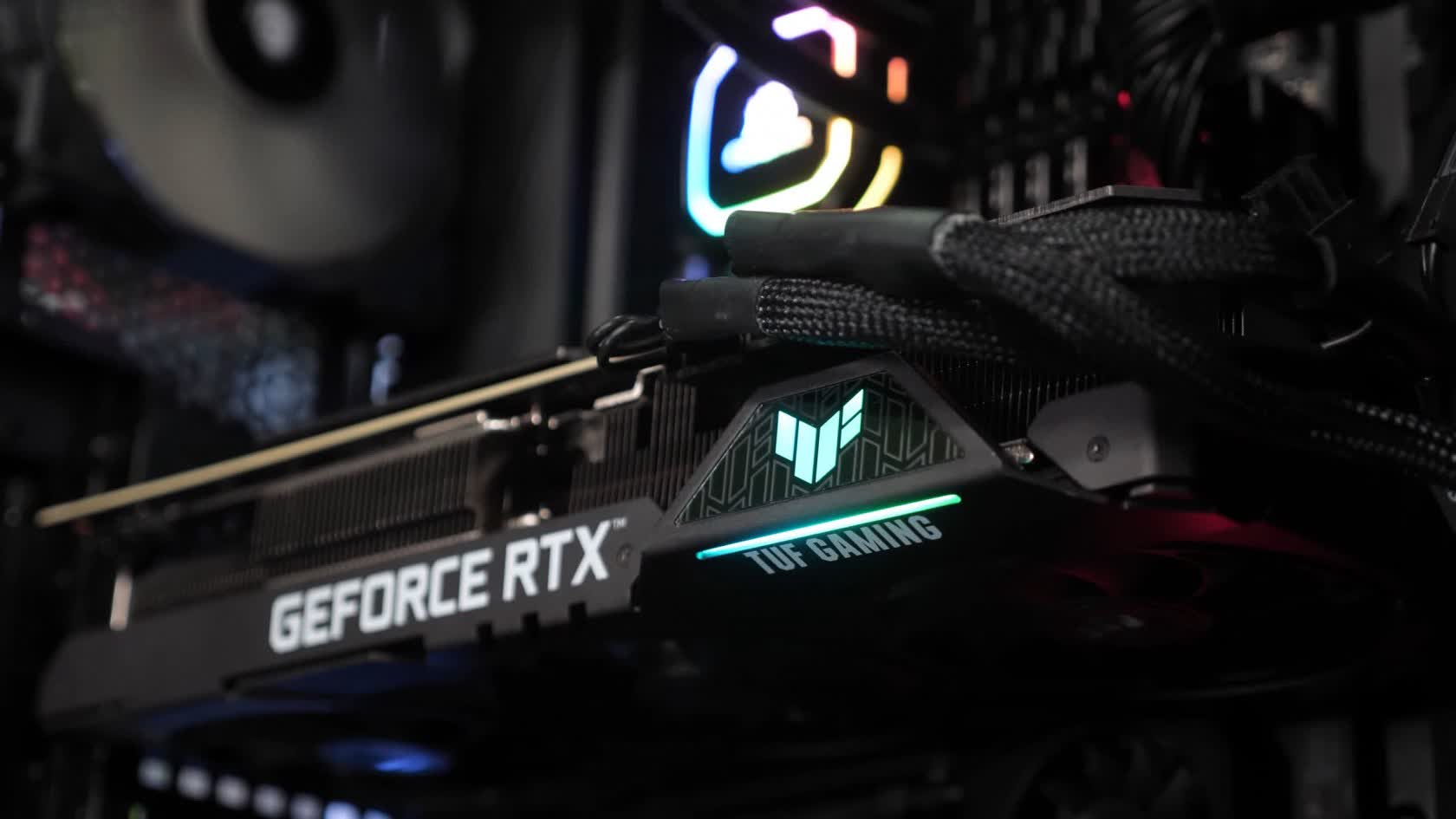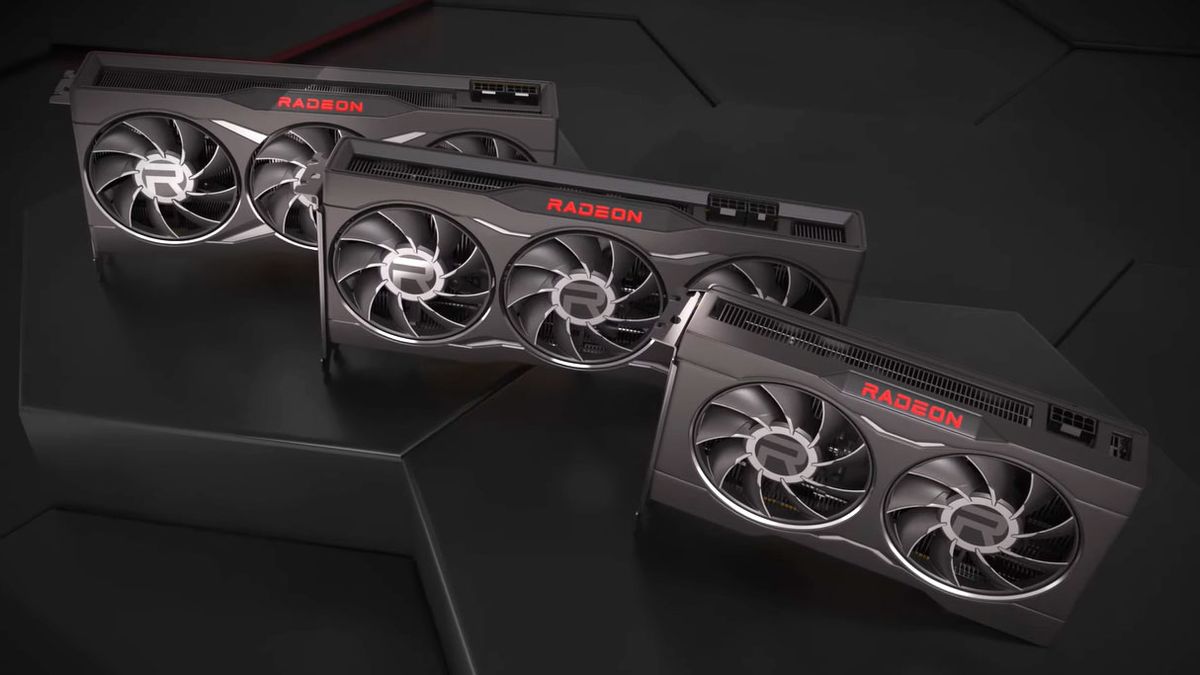Rumor mill: With Nvidia's next-generation RTX 4000 (Ada Lovelace) series edging ever closer, the rumor mill is going into overdrive with possible specs and release dates. In the case of the former, one prolific leaker has claimed that even the mid-range RTX 4060 will have considerable power demands, exceeding the current-gen RTX 3070.

Claims of the RTX 4060 having a higher TDP than the RTX 3070 come from regular leaker Kopite7kimi. He didn't mention the specific power consumption of the upcoming card, but the Ampere product's Founders Edition hits 220W while some overclocked AIB variants can reach 250W.
I don't care about the real release date. I'm just curious about the performance of RTX 4060, which consumes more power than RTX 3070.
— kopite7kimi (@kopite7kimi) June 5, 2022
A TDP of 250W or more would be a big jump for a xx60 series product. The previous most power-hungry cards from the series were the RTX 3060 and GTX 760 (both 170W), followed by the RTX 2060 (160W), then the GTX 1060 and GTX 960 (both 120W). That's not counting the RTX 3060 Ti, which consumes 200W.
We've heard plenty of rumors that the RTX 4090 will have a 600W TBP (total board power), while a flagship RTX 4090 Ti could push it to over 800W. Assuming that's true, and it's certainly starting to look that way, a mid-tier RTX 4060 card reaching 350W isn't beyond the realms of fantasy.
Elsewhere in the world of RTX 4000-series rumors, new release dates for the cards have surfaced. It was previously believed that the RTX 4090 would launch first, in August, with the RTX 4080 arriving a few weeks later, possibly in the same month. That would leave the RTX 4070 to launch in September.
The new rumors put the launch dates quite a bit further ahead but with the same release order: the RTX 4090 in October, RTX 4080 in November, RTX 4070 in December, and the RTX 4060 in January 2023.
Remember, all of this is just rumor and speculation that should be taken with a heavy dose of salt, but we shouldn't have too much longer to wait before Nvidia reveals its plans.
https://www.techspot.com/news/94832-nvidia-rtx-4060-rumored-more-power-hungry-than.html
